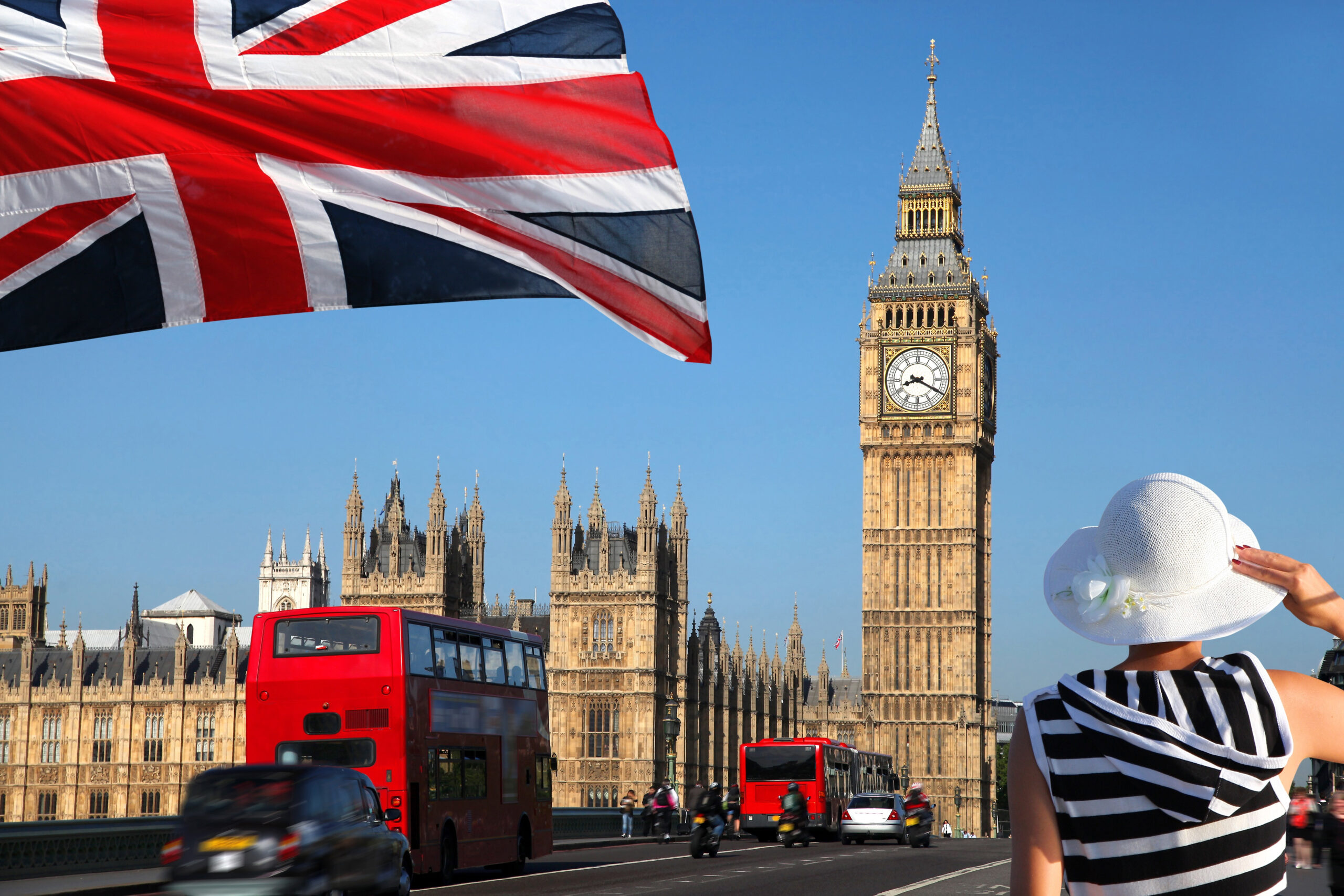Britain’s economy stalled in the third quarter of the year, according to revised official government data released on Monday.
A preliminary estimate for the third quarter released by the ONS last month indicated that UK GDP grew by 0.1% during the period.
However, final data published on Monday revealed flat GDP growth (0%) compared to the previous quarter.
Earlier this month, the ONS reported an unexpected 0.1% contraction in the UK economy for October, marking the second consecutive monthly decline following a similar 0.1% fall in September.
The revision further lags behind economic forecasts, which had anticipated a 0.2% expansion.
The ONS also downgraded its second-quarter growth reading from 0.5% to 0.4%.
The ONS attributed the downgrade to weaker-than-expected performance in key sectors, including bars and restaurants, legal firms, and advertising.
This revision paints a concerning picture of the UK economy, which now appears to be heading for two consecutive quarters of flatlining activity.
The stagnant performance comes amid a slump in business and consumer confidence, driven in part by gloomy rhetoric from the new Labour government and the introduction of £40 billion in tax increases in its autumn budget.
The slowdown comes as the Labour government presented its maiden budget in October, which included business tax increases and plans for higher state borrowing.
The downgrade reflects broader struggles in key sectors and underscores the difficulty of achieving sustained growth in the current economic climate.
Finance Minister Rachel Reeves acknowledged the challenges, stating, “The challenge we face to fix our economy and properly fund our public finances after 15 years of neglect is huge. But this is only fuelling our fire to deliver for working people.”
The third-quarter stagnation has been attributed to a combination of factors, including higher interest rates, weaker overseas demand, and concerns over fiscal policies in the budget.
The revised figures highlight the uphill battle faced by the government in reviving the economy and meeting its fiscal objectives.
Inflation, interest rates and recession
Last week, the Bank of England warned that the UK economy would stagnate in the final quarter of the year.
The Bank of England held its core interest rate steady at 4.75%.
Global geopolitical tensions, domestic fiscal measures outlined in the Autumn Budget, and ongoing trade uncertainties have created a more challenging and complex economic outlook.
While this projection falls short of a technical recession—defined as two consecutive quarters of negative growth—the outlook is grim for a government that has prioritized reviving economic momentum.
The revised figures and the prospect of continued stagnation pose a significant challenge to the Labour government’s economic agenda, particularly after its autumn budget policies aimed at stabilizing public finances.
Data released last week showed that UK inflation rose to an eight-month high in November, increasing to 2.6% from 2.3% in October.
The post UK economy stagnates as revised GDP figures show no growth in Q3 appeared first on Invezz

